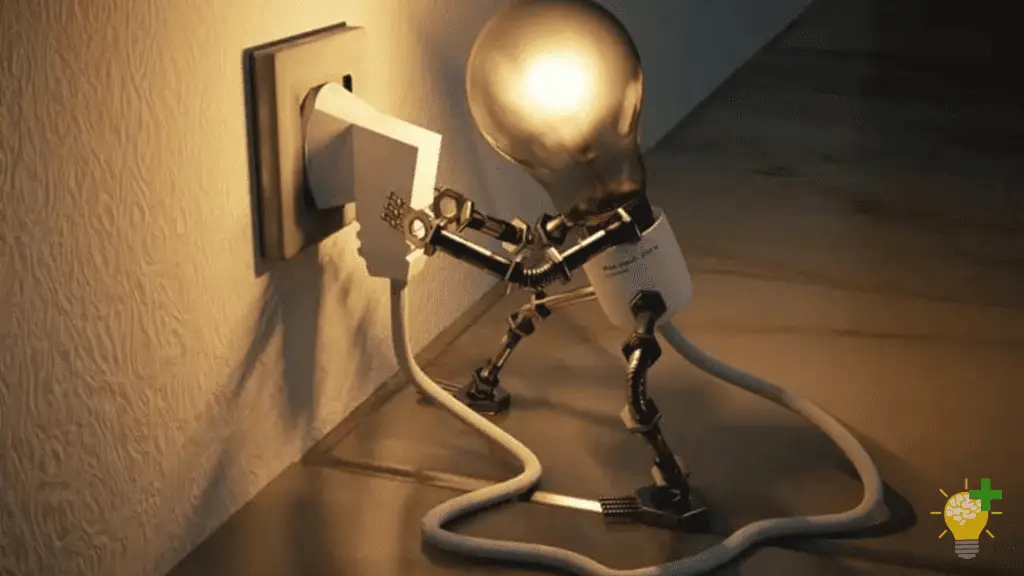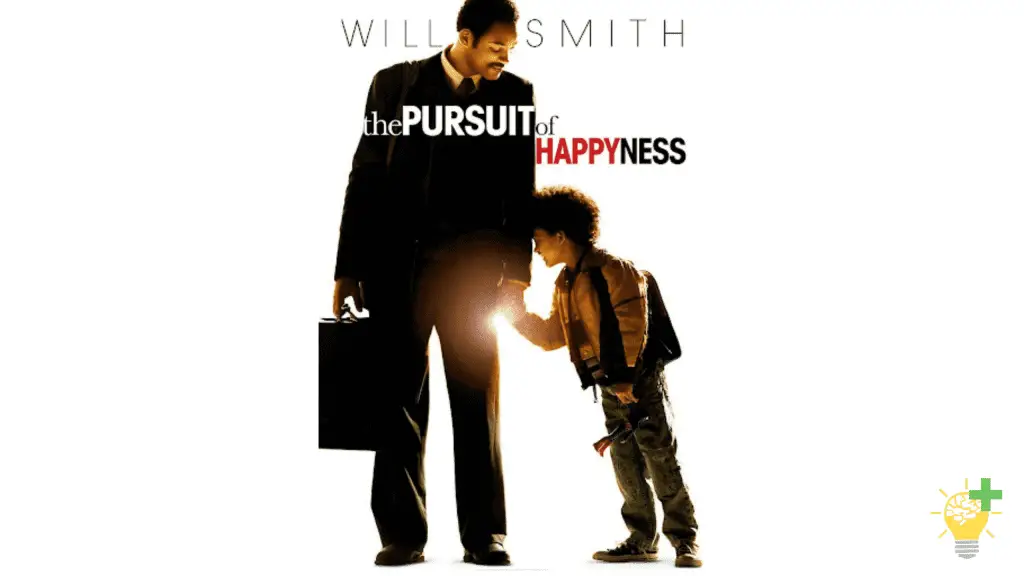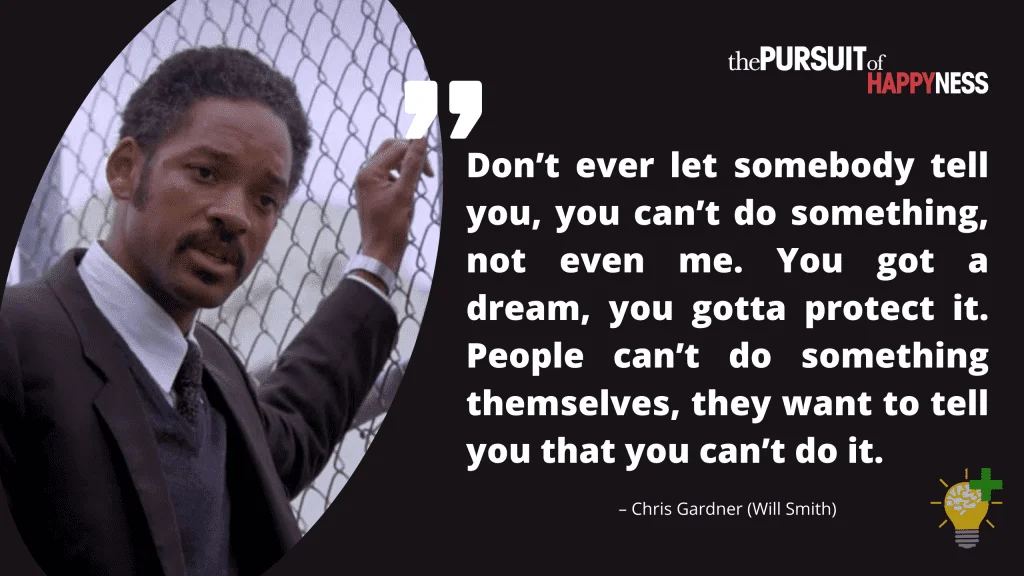Original ideas are crucial to your work if you are in the creative industry. However, finding inspiration or the right way to articulate a concept can sometimes be challenging, which explains why creative people can get stuck on a project or assignment.
It is normal to experience mental blocks every now and then; after all, your creative juices can’t flow non-stop. But if you constantly struggle to find creative inspiration, it might limit your ability to do fulfilling work.
Fortunately, certain things can help fuel inspiration for any creative work, and I’ll share the most important ones in this post. But first, let’s set the ball rolling with a quick look at things that can stifle creativity.
The Biggest Obstacles to Creativity
Perfectionism
Trying to get everything right from the get-go might seem like a good thing, but it can throw a spanner in the works. You might struggle with a fear of rejection if you can’t do something badly until you get it right.
The beginning of a creative process is not the right time to worry about perfecting your ideas. Remember that creation is usually messy, and the first version of anything isn’t usually perfect. Waiting to get ideas perfect the very first time is an open invitation for procrastination.
Distraction
Distraction is arguably the biggest obstacle to creativity. The best way to allow the free flow of ideas is to get rid of things that can cause distraction from your work environment.
If it is impossible to completely eliminate distractions, develop the ability to ignore them. While it is not the easiest thing to do, it is doable with practice.
Rigidity
Flexibility is your friend when it comes to finding creative inspiration. On the other hand, being too practical and not adapting to change can keep you stuck.
It is okay to consider outrageous ideas at the start of a creative process. Don’t put yourself in a box; allow yourself to think outside the box every now and then.
Negative Self-Talk
Your creative juices cannot flow when you doubt yourself. Of course, you can’t completely stop doubtful thoughts creeping in from time to time (we all experience those), but don’t entertain the thoughts.
Believing you can’t be better will lead to fear of failure and procrastination. If you struggle with negative self-talk, I recommend repeating a handful of positive affirmations to help overcome debilitating thoughts.
Not Prioritizing Self-Care
Your mind can’t function well if you don’t care for your body. Poor nutrition and poor sleeping habits are two factors that can stifle creativity. It may be okay to occasionally burn the midnight oil when working on a project, but consistently skipping sleep will take a toll on your creative abilities.
Not Devoting Time to Practice
It’s a no-brainer; what you don’t use, you lose. Your creativity muscles will shrink if you don’t exercise them regularly through expression. Make sure to continuously challenge your mind to write, paint, draw, design, compose songs, or do whatever creative work you do. With constant practice, you are more likely to quickly get over mental blocks and improve your creative work.
How to Find Creative Inspiration

Understandably, you can’t “turn on” creativity on demand. For example, you can’t simply say I will be creative from 10 am to 2 pm every day. Creativity doesn’t work that way.
However, while you can’t flip a physical switch to get your creative juices flowing, you can do certain things to inspire creativity.
Here are five effective ways to find creative inspiration.
1. Spend Time in Nature
Can’t find inspiration after spending hours indoors and online? Perhaps it’s time to gear up and take a stroll in nature.
You don’t have to be an avid hiker to enjoy the psychological benefits of being in nature. Research shows that immersing yourself in natural settings helps improve creative reasoning.
Technology is great and makes life much easier. However, spending all day using your phone or computer mainly activates the prefrontal cortex, which can eventually lead to being less imaginative since your cognitive resources are not fully engaged.
Conversely, spending some time in nature can restore depleted attention “circuits” in the brain, stimulating imagination or inspiration.
Try nature walks whenever you feel mentally stuck. Exploring your neighborhood or a nearby park for up to 30 minutes to an hour can significantly improve creative thinking.
2. Learn Through Play
Imagine trying to find inspiration for the next big thing in software design when you don’t know the first thing about computers. That’s next to impossible!
To be inspired in a particular field, you must have basic knowledge in that area of work. However, I’m not suggesting having your head buried in a book (although researching is not a bad idea when looking for inspiration).
You can find inspiration by learning through play. Remember that inspiration can come from literally anywhere and in different ways, so it doesn’t matter whether or not the information you consume has anything to do with your line of creative work.
Sometimes, turn to entertainment when you can’t articulate your ideas. You never can tell what may trigger your imaginative processes or how your brain connects the dots from what you feed it.
Here are a few ways to learn through play and open the doors for inspiration to flow.
- Listen to music while you work: Playing your favorite tracks, especially upbeat music, while brainstorming ideas can enhance cognitive flexibility and increase unique ideas and solutions (known as divergent thinking).
- Watch movies: Find time for movie nights or watch something you’ve had on your “watch later” list for a while. Remember to immerse yourself in the story and enjoy the movie instead of worrying about finding inspiration.
- Read books: Any good book will do, regardless of the genre. And remember, it doesn’t have to be related to your line of work. Just entertain your mind and let it assimilate the information.
3. Connect With Your Tribe
Whatever field of creative work you do, chances are many others are doing the same thing. Instead of strictly seeing them as competitors, consider them as like-minded creatives. And you know what they say about like-minded people; they think alike.
Stay in touch with people you have established professional relationships with, especially forward-thinking individuals. Seek out mentors and connect with them whenever possible. A simple, friendly conversation can fuel ideas for your work.
Here are a few more tips to help you connect with like-minded people:
- Join groups: Join online forums and participate in community events to find new ideas from creative minds. This includes networking with people who share your passion.
- Optimize your social media feed: Look through your social media feed once in a while to see if the predominant content will likely inspire you. Consider removing unhelpful pages and following people and accounts that inspire you.
4. Clear Your Mental Space
Mental clutter can stifle creativity, so remember to take breaks from overstimulating activities once in a while to clear your head.
Meditation is a great practice to include in your daily life if you want an effective way to quiet your mind and increase your focus. The practice helps your brain slow down, and in many cases, fresh ideas can flow to you while in a meditative state.
Moderate physical exercises like yoga are another great way to clear your mind and increase calmness. As you may already know, a calm mind is more receptive to new ideas than an overstimulated one.
5. Allow Yourself to Daydream
Daydreaming is often frowned upon, especially when there is work to be done. But daydreaming can be a powerful tool for unlocking creativity if used correctly.
A few minutes of letting your attention drift can start a mental chain reaction that puts you in a flow state. It is not uncommon to hear people get inspired when doing a mundane activity, especially one that does not require focused attention.
Don’t be afraid of boredom.
From time to time, unplug your mind from stimulating activities. Take a break from social media, work, and other potentially stress-inducing activities. Lie in your bed and close your eyes or sit under a tree and chew on a piece of straw.
Whatever you do, let your mind wander for a few minutes daily. It can help unlock your creative potential.
Final Thoughts
Finding creative inspiration is the key to unlocking your full potential, especially if your work requires original ideas.
Keep in mind that coming up with a truly original and creative idea (one that no one has ever thought of) is usually a tall order, so be sure to avoid falling victim to perfectionism.
Instead of beating yourself up for being inadequate at work or lacking creativity, find ways to surround yourself with daily inspiration, go to places that inspire you, or engage in activities that put you in the “zone” or flow state for your line of work.
Still feeling unfulfilled or inadequate at work? Check out this post to know what to do.




